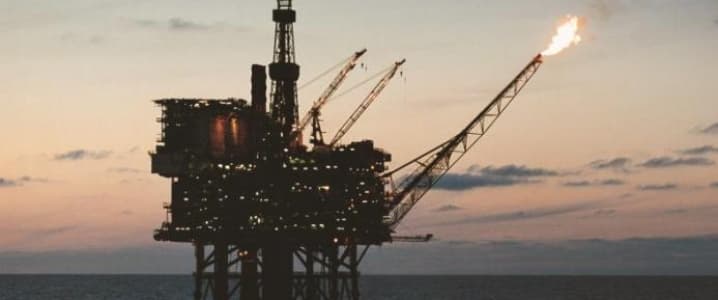Two years ago, Royal Dutch Shell gave up drilling in the Arctic. It came across a dry hole and decided the enormous risks and expense weren’t justified. Someone wasn’t listening.
In July, the Trump administration approved Eni SpA’s plans to start drilling in the Arctic Ocean north of Alaska. Eni proposed to the U.S. Bureau of Ocean Energy Management that starting on 10th December 2017 it develop four exploratory wells drilled from Spy Island. They would be the longest extended-reach wells in Alaska, going for six miles horizontally. Reuters and other news agencies were unable to get Eni to comment on the story and there is no mention of it on the company’s website.
It’s not the complete end of President Obama’s ban on Arctic drilling introduced last year– he had decreed no new leases would be issued but Eni was exempt, having already had this lease in place – for a decade. It would have expired at the end of this year had they not been acted on.
But many see it as the beginning of the end. As we know, President Trump has vowed to make America energy-secure and he’s pursuing this through renewed commitments to fossil fuels over renewables.
There was a 21-day period for the public to review and comment on the plans and 10 to submit comments on the environmental impacts. Environmentalists say this was insufficient. Nonetheless the Center for Biological Diversity and a dozen other stakeholders including Greenpeace and the WWF submitted their opinions. The group raised alarms to BOEM that they felt Eni hadn’t planned adequately in the case of an oil spill. BOEM disagreed, and said the project would have no significant impact. “Eni brought to us a solid, well-considered plan,” said its Acting Director Walter Cruickshank. “We know there are vast oil and gas resources under the Beaufort Sea, and we look forward to working with Eni in their efforts to tap into this energy potential.” Related: Barclays: Oil Prices To Drop This Quarter
"Approving this Arctic drilling plan at the 11th hour makes a dangerous project even riskier," said Kristen Monsell, an attorney with the Center for Biological Diversity. "An oil spill here would do incredible damage, and it'd be impossible to clean up. The Trump administration clearly cares only about appeasing oil companies, no matter its legal obligations or the threats to polar bears or our planet."
A 2013 BOEM report looked into oil spills in the Arctic from 1971 to 2011. In total, there were 1577 spills larger than one barrel. More than 80 percent of the spills were between 1 – 10 bbl, while there were 10 spills larger than 500 bbl and two spills larger than 1,000 bbl. It says: “Spills larger than 500 bbl are rare and appear to be random events with respect to oil production volume. The best approach to estimating their occurrence was a simple return rate that predicts between zero and two spills of more than 500 bbl will occur for every one billion barrels of production.” The current Eni Nikaitchuq production is approximately 25,000 bpd from 70 wellbores.
In its project submission plans, Eni said that while an oil spill is unlikely, it “is committed to conducting safe and environmentally responsible operations in Nikaitchuq. To achieve this goal, oil spill prevention is a priority in all operations.” Eni has said it will only drill in the winter when a potential oil spill would be easier to clean up and when whales are not migrating in the area.
Before drilling can get started, Eni must secure additional approval from the State Department of Environmental Conservation and the Federal Bureau of Safety and Environmental Enforcement, though historically this is merely a rubber-stamping stage.
More Top Reads From Oilprice.com:
- Oil Price Rally Ends As Banks Slash Forecast
- Is The EIA Exaggerating U.S. Oil Production?
- Oil Prices Rise As The U.S. Rig Count Falls

















